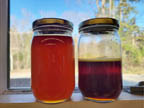
Lake Placid, N.Y.; March 1, 2023. The farmer-driven Northern New York Agricultural Development Program has announced the results of research into the economic feasibility of producing syrup from American beech trees. Conducted by Adam D. Wild, director of the Uihlein Maple Research Forest in Lake Placid, New York, the research examined the yield potential and economic feasibility of tapping beech trees for syrup production.
American beech is an abundant hardwood species in northern New York forests. Based on current pricing in some areas of $4.50 per ounce of beech syrup, a gallon would price at $576, but before you start tapping beech trees, be sure to read Wild’s report.
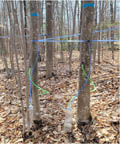
“The tapping of beech trees for syrup production has potential for creating a new product that would allow the utilization of a tree that currently has low economic value. There is a market for beech syrup, and even a beech beverage, with the potential for value much higher than maple; however, more research is needed to develop best practices for tapping and processing,” says Wild.
“Cooking beech sap down into syrup produced a delicious product with notes of raisin, dried plums, and dried pears, but required a significant amount of concentrating to produces 1 gallon of syrup from 140 gallons of beech sap,” Wild points out.
Due to the limited amount of sap produced for this small-scale project, Wild used a steam kettle and stovetop to process the beech sap into syrup. His report notes the higher mineral content of the beech syrup as well as data recorded for sap flow timing, sap yield and sweetness, tree health and taphole closure, and economic calculations.
“This research is a first step toward determining whether the abundant beech saplings with prolific root sprouts could yield enough sap for profitable syrup production for northern New York’s maple producers. At this time, it looks like tapping beech trees has great potential and does not impact the growth of the trees,” Wild explains.
Northern New York’s maple industry value has increased over the past 14 years from $3.25 million annually to more than $20 million with room yet to grow. Beech syrup production, beech-maple syrup blending, and beech beverage bottling are among product options for additional research.
Beech syrup samples were provided to the public during the 2022 New York State Maple Weekends at the Uhilein Maple Research Forest and at maple producer conferences in northern New York and the Hudson Valley in early 2023.
You can read the “Feasibility of American Beech Syrup Production in Northern New York” report on this website under the Research: Maple, Beech, Birch and Honey tab. Tree syrup producer, Michael Farrell, Ph.D., CEO of The Forest Farmers in Lyon Mountain, New York, is a project collaborator.
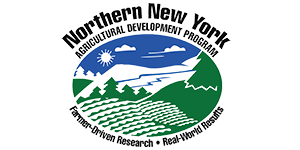 Funding for the Northern New York Agricultural Development Program is supported by the New York State Legislature through the New York State Assembly and administered by the New York State Department of Agriculture and Markets.
Funding for the Northern New York Agricultural Development Program is supported by the New York State Legislature through the New York State Assembly and administered by the New York State Department of Agriculture and Markets.
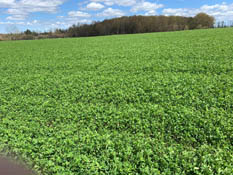
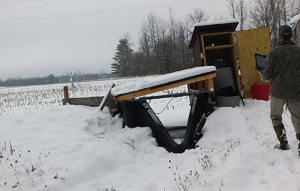
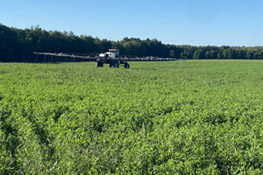
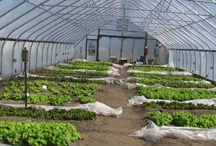
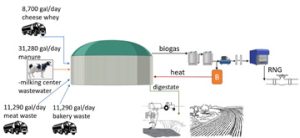
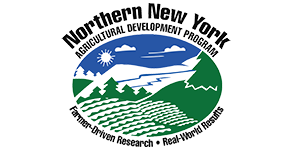 Funding for the Northern New York Agricultural Development Program is supported by the New York State Legislature and administered by the New York State Department of Agriculture and Markets.
Funding for the Northern New York Agricultural Development Program is supported by the New York State Legislature and administered by the New York State Department of Agriculture and Markets.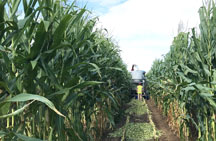 The 2022 New York and Vermont Corn Silage Hybrid Evaluation Program report is now available. The program is a collaboration by Cornell University and the University of Vermont. The reporting for 2022 includes trial data from Willsboro in Northern New York.
The 2022 New York and Vermont Corn Silage Hybrid Evaluation Program report is now available. The program is a collaboration by Cornell University and the University of Vermont. The reporting for 2022 includes trial data from Willsboro in Northern New York.